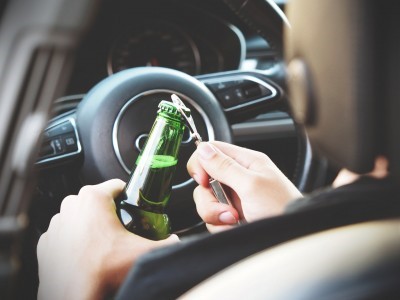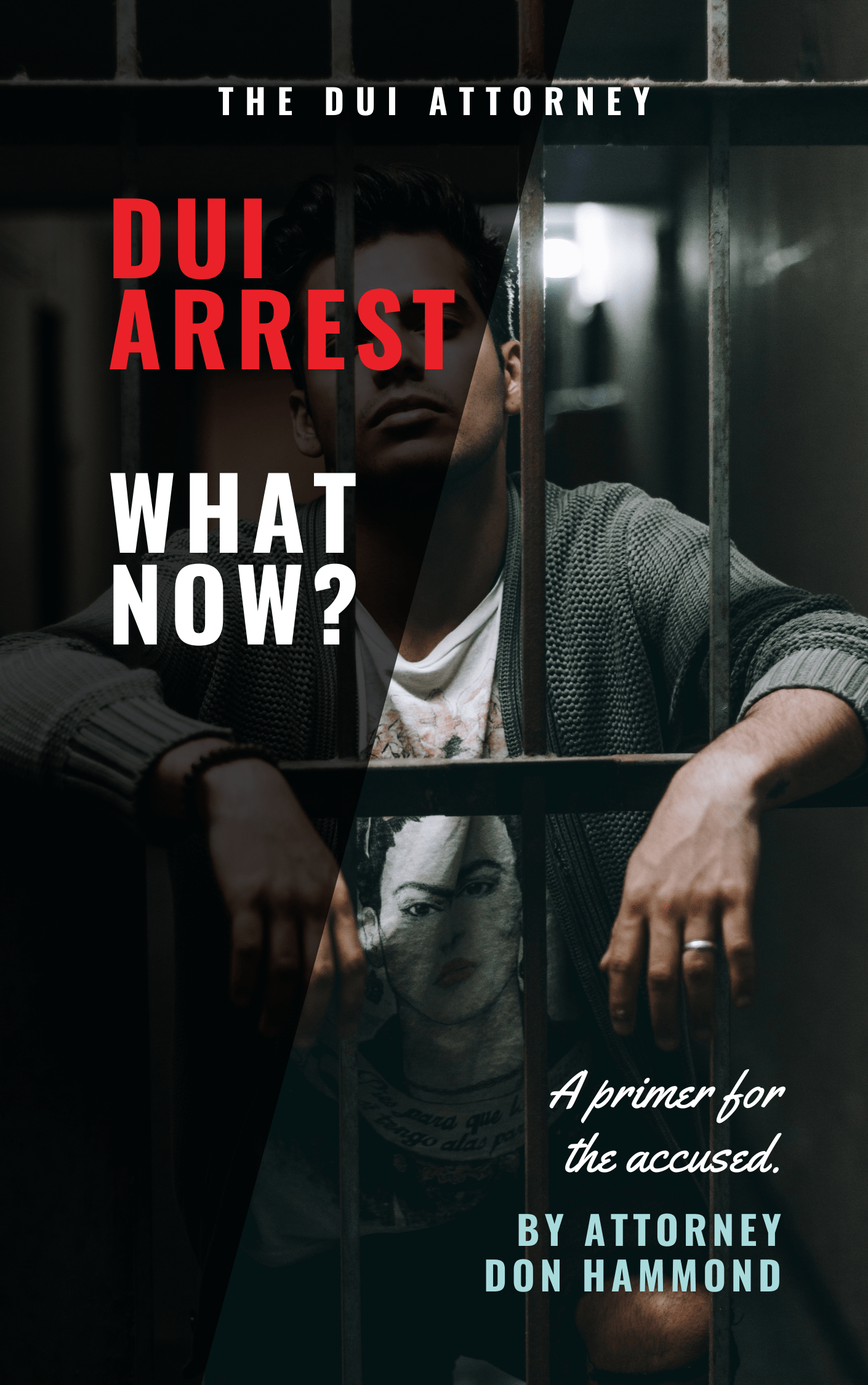Yes, you can get a DUI on private property in certain situations. While California DUI laws primarily apply to public roads, they may extend to private property if it’s accessible to the public or if the property owner consents to enforcement.
Key Factors to Consider:
- Location: DUI laws vary by jurisdiction. In some places, they only apply to public roads. In other places, they may cover private property accessible to the public, like parking lots. In California, DUI laws are generally enforceable on private property that is open to the public.
- Access to the Public: If private property, is open to the public, California DUI laws may still be apply. This may include a parking lot or campground. This means you could be charged with a DUI even though you’re on private property.
- Property Owner Consent: Even on strictly private property, if the owner of the property allows law enforcement to enforce DUI laws there, you could still face charges if caught driving under the influence.
DUI in an electric Golf Cart on a Private Golf Course:
Yes, in many instances, you can get a DUI while driving an electric golf cart on a private golf course. Even though the golf course is private property, California DUI laws may still apply if the property is accessible to the public.
California DUI Defenses unique to private property situations:
Yes, there are DUI defenses that may be unique to private property situations. Some potential defenses include:
- Lack of Public Access: If private property is not accessible to the public and the DUI incident occurred solely on that property, a skilled lawyer may argue that DUI laws should not apply in that location.
- Owner Consent: If the property owner did not consent to law enforcement enforcing DUI laws on their property, the DUI charge may not be valid. Most shopping malls and shopping centers have provided consent for police to enforce the Vehicle Code on their property.
- Police Procedure Problems: As with any DUI case, if the police committed procedural errors or violated the driver’s rights during the investigation and arrest, that could lead to suppression of evidence or otherwise weaken the government’s case.
- No-Drive Defense: In some situations, the defense may argue that the defendant wasn’t actually driving the vehicle at the time of the incident, especially if they were sleeping or parked. California law requires volitional movement of the vehicle, and the government has to prove that the defendant moved the vehicle. Keys in the ignition, listening to the radio, is not enough.
These defenses may vary depending on the specific circumstances of the case. A qualified attorney can help determine the best defense strategy for your situation.

Example:
- House Party: You attend a house party at your friend’s home. You have a few drinks, then you decide to move your car from the street to the driveway. If the police arrive and find you driving under the influence on your friend’s private property, you might not get a DUI because it’s not a public road. However, if they see you driving on the street or can reasonably infer that you drove on the street, it is likely that the police will arrest you.
- Campground: You go camping at a campground where the roads are privately owned. If the police catch you driving drunk within the campground, you will likely still face DUI charges because the area is accessible to the public.
- Gated Community: You live in a gated community with private roads. Even though the roads are not public, if the homeowners’ association permits law enforcement to enforce the California Vehicle Code, including DUI laws, within the community, you can get arrested for a DUI.
- Private Ranch: You visit a friend’s private ranch, which has vast stretches of land and dirt roads. If you decide to drive while intoxicated on the ranch property and law enforcement is not authorized to enforce California DUI laws there, you may not receive a DUI since it’s considered private property.
- Concert Venue Parking Lot: You attend a concert at a venue with a large parking lot. After the event, you have a few drinks and attempt to drive out of the parking lot. Because the parking lot is accessible to the public and connected to public roads, you can get a DUI if you are caught driving under the influence there.
Hire a Qualified California DUI Attorney to Assess Your Case:
In summary, while DUI laws primarily target public roads, they can also apply to private property under certain circumstances. It’s crucial to be aware of the laws in your area and always avoid driving under the influence. Stay safe and make responsible decisions behind the wheel. Whether you’re on public roads or private property, don’t drive while under the influence. If the police arrest you for driving under the influence in California, it is important to contact your Criminal Defense Heroes right away at 323.529.3660. Our lead attorney has more training that the average police officer in field sobriety testing and DUI investigations. He has also personally tested human blood samples for alcohol in a lab. Remember, in California, you only have 10 days to request a DMV hearing or else you will automatically lose your driving privilege.










